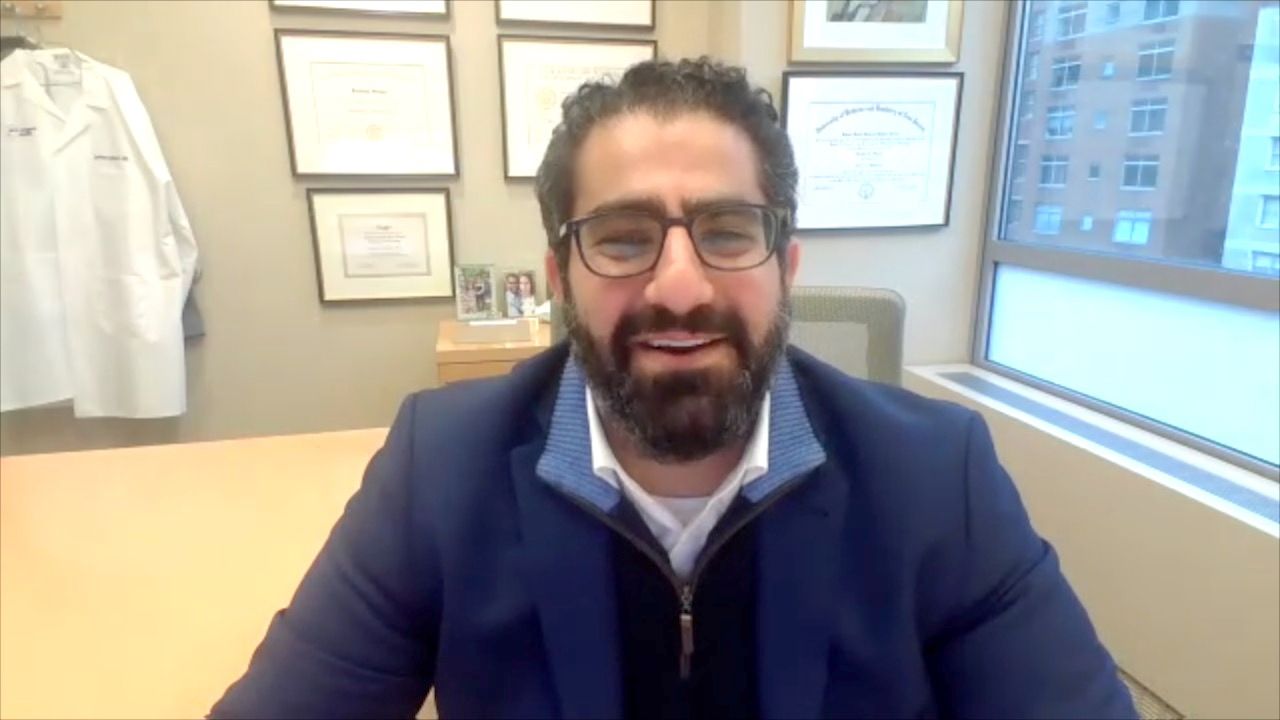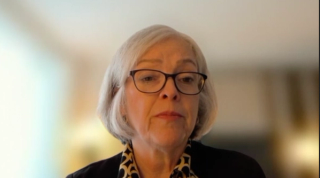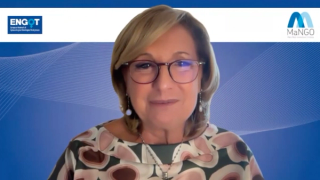
Oncology
Latest News
Latest Videos

Podcasts
CME Content
More News
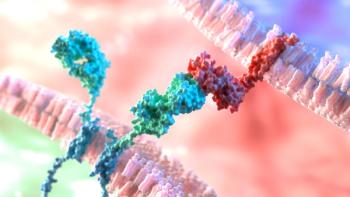
Early research has identified several antigens that could help facilitate the use of chimeric antigen receptor T cells in small cell lung cancer.

Emotional well-being and social engagement significantly impact quality of life for patients with soft tissue sarcoma post-surgery.
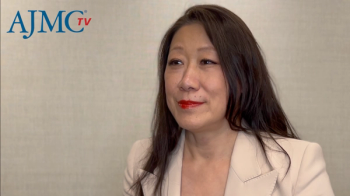
Although overall costs have not declined with the Oncology Care Model (OCM), supportive care costs have decreased through greater use of cost-effective therapies.

Vivek Subbiah, MD, considers artificial intelligence (AI) and comprehensive somatic and germline testing essential for guiding precision oncology and improving patient care.

Oncology pharmacists now work alongside providers to improve efficiency, patient education, and treatment outcomes, according to Scott Soefje, PharmD, MBA, BCOP.

Biomarkers like neutrophil-to-lymphocyte ratio could help predict treatment response to immune checkpoint inhibitors in certain patients with soft tissue sarcoma.

Second primary malignancies in patients with small cell lung cancer are often misdiagnosed as distant metastases.

Oncology care requires teamwork, support services, and careful planning to ensure effective, affordable, and patient-focused treatment, according to Brian Mulherin, MD.

Hope Krebill of the Masonic Cancer Alliance at the University of Kansas Medical Center outlines patient navigation models that improve outcomes and reduce missed appointments.

Davey Daniel, MD, shares strategies to prevent bias in artificial intelligence (AI) and outlining future opportunities for its adoption in precision oncology.

Atezolizumab or durvalumab, combined with platinum-doublet regimens, delivered superior responses and survival in patients often excluded from clinical trials.

Hope Krebill, MSW, BSN, RN, discusses the challenges rural hospitals face in delivering therapies like CAR T and bispecifics.
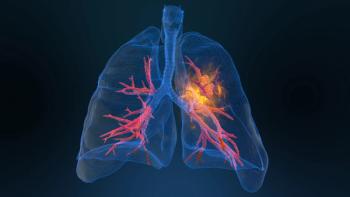
A phase 1b trial of tarlatamab plus PD-L1 inhibitors in extensive-stage small-cell lung cancer (ES-SCLC) showed a median overall survival of 25.3 months with manageable safety.

Multidisciplinary care influenced therapy choices but did not substantially shorten treatment delays for patients with sarcoma.

Oncology stakeholders are navigating new policies as the landscape quickly evolves, according to Ryan Haumschild, PharmD, MS, MBA, CPEL.

Artificial intelligence (AI) holds the potential to democratize precision oncology, but it must be implemented thoughtfully.

In a time of skyrocketing oncology drug costs, the role of pharmacists in managing patients’ treatment and keeping care in the outpatient setting is more urgent than ever.

Broader integration of artificial intelligence (AI) in precision oncology depends on overcoming barriers such as trust and transparency, according to Davey Daniel, MD.
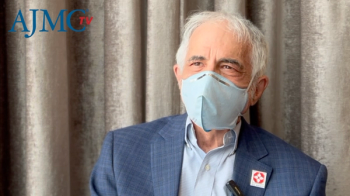
Patients with hematologic malignancies face ongoing survivorship challenges as providers struggle to coordinate care, according to Brian Koffman, MDCM, DCFP, FCFP, DABFP, MSEd.

Panelists discussed the ingredients of successful handoffs at the time of cancer diagnosis and ways to collaborate as screening capabilities evolve.

As therapeutic advances enable patients with cancer to live longer, greater attention is needed to support the goal of survivorship, starting at diagnosis.

From proactive recruitment to academic-community partnerships, Hope Krebill highlights ways to improve clinical trial participation.

Explore cutting-edge discussions on patient-centered oncology, value-based care, AI innovations, and survivorship strategies Thursday and Friday at PCOC 2025 in Nashville.
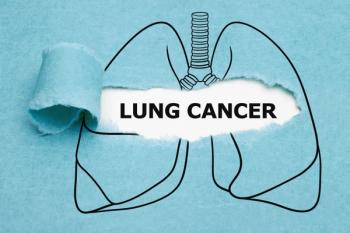
A new report identified 11 additional high-frequency mutations in small-cell lung cancer.

Funding cuts to childhood cancer research have put the subspecialty in a precarious position during Childhood Cancer Awareness Month.

